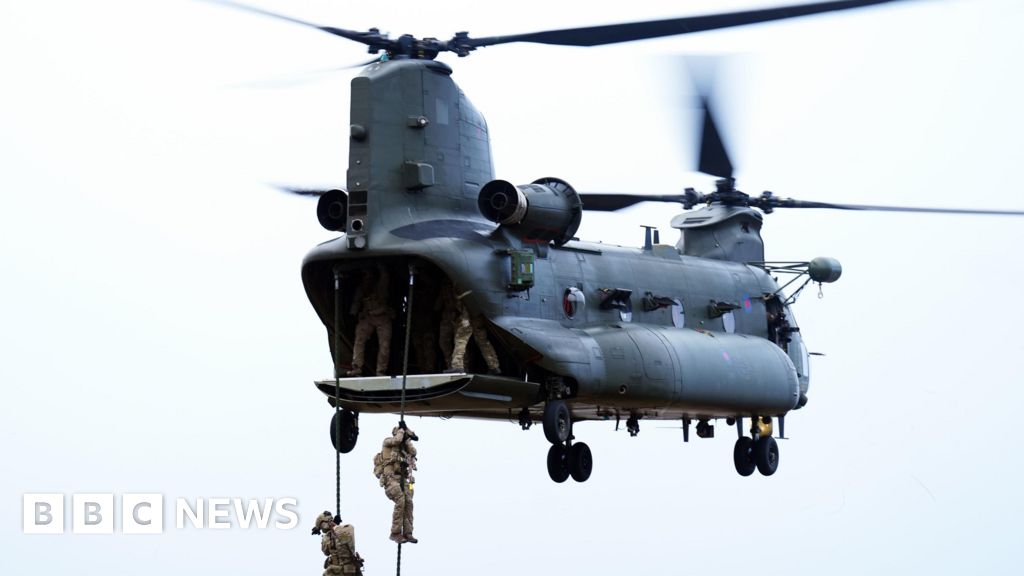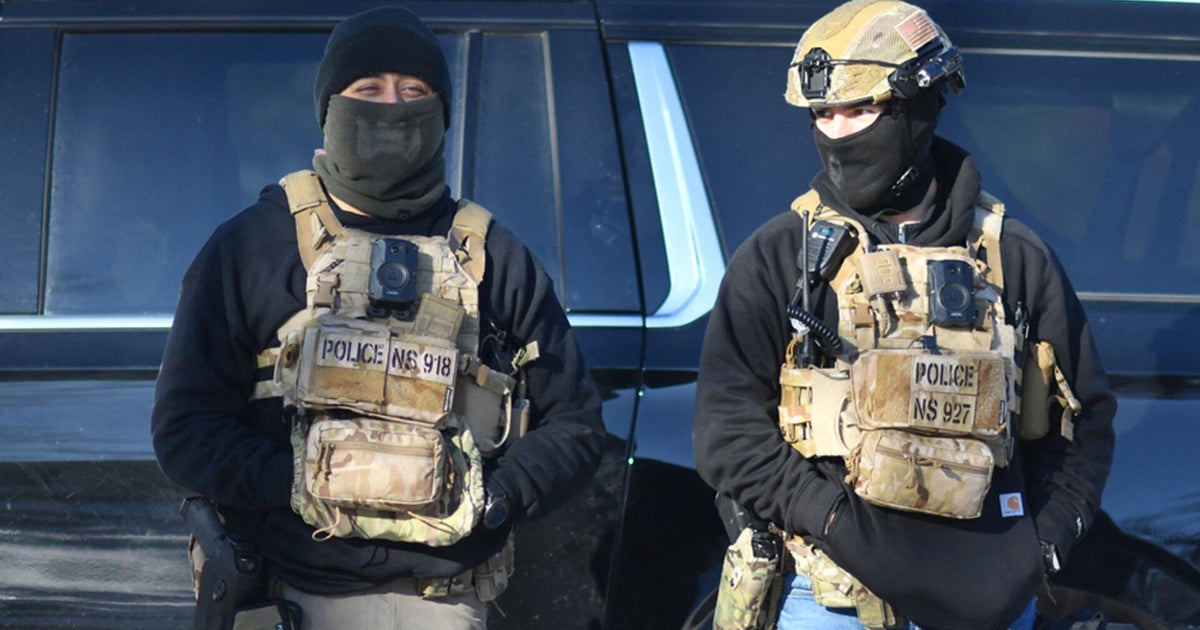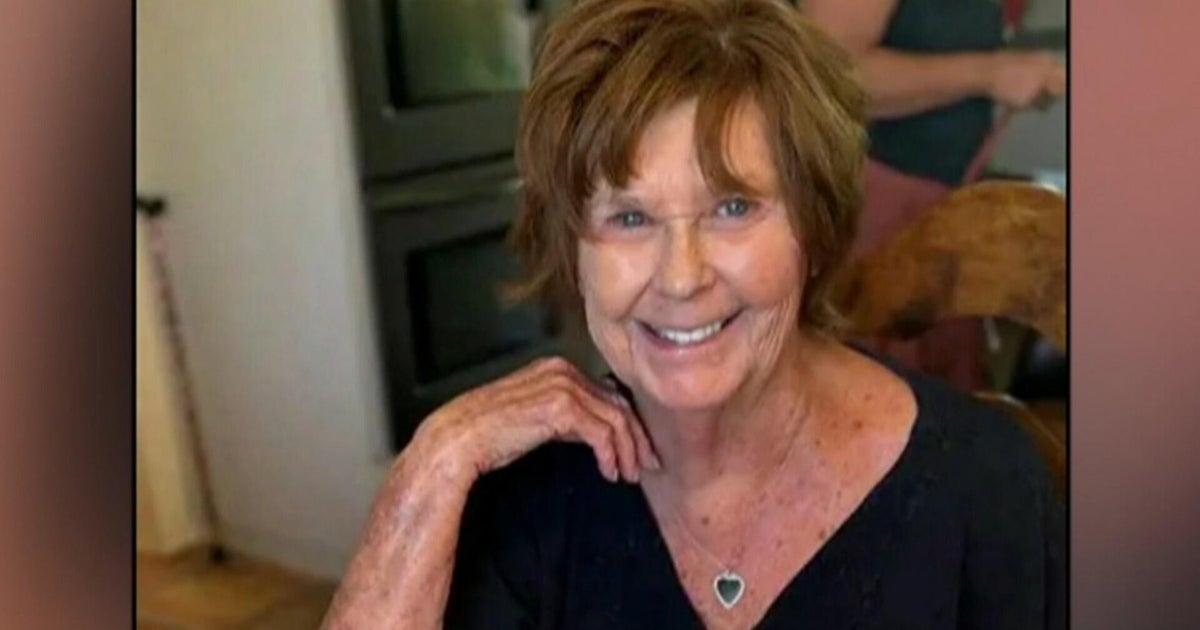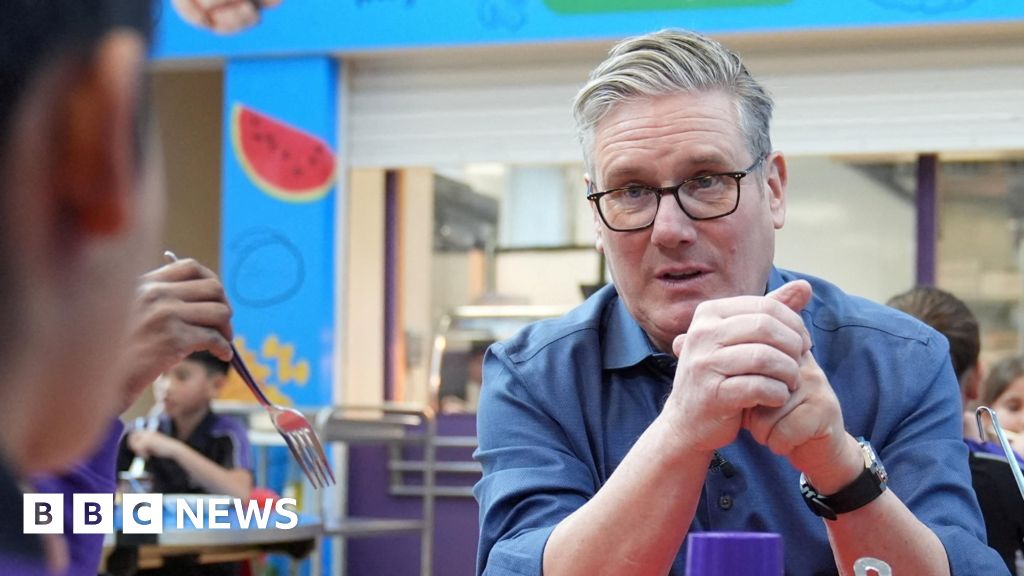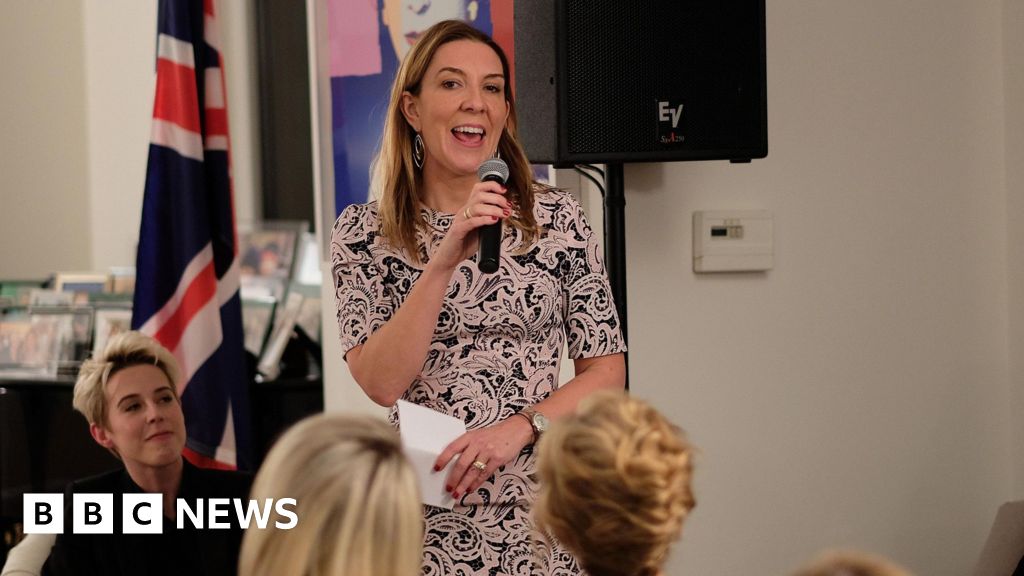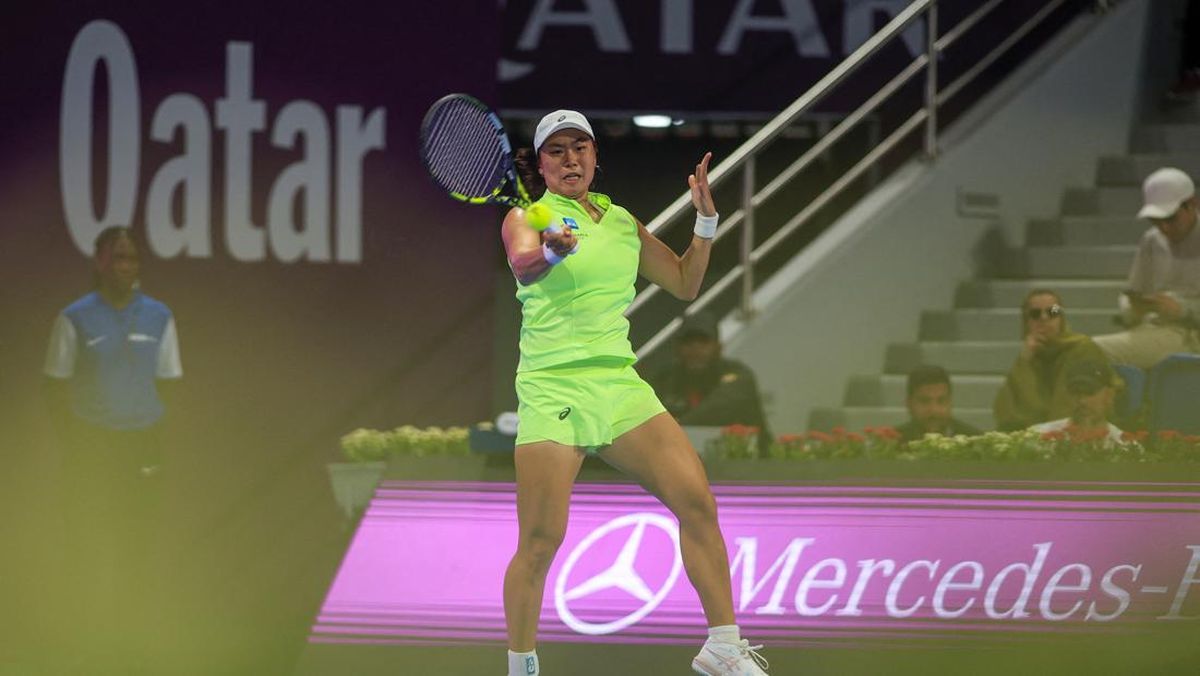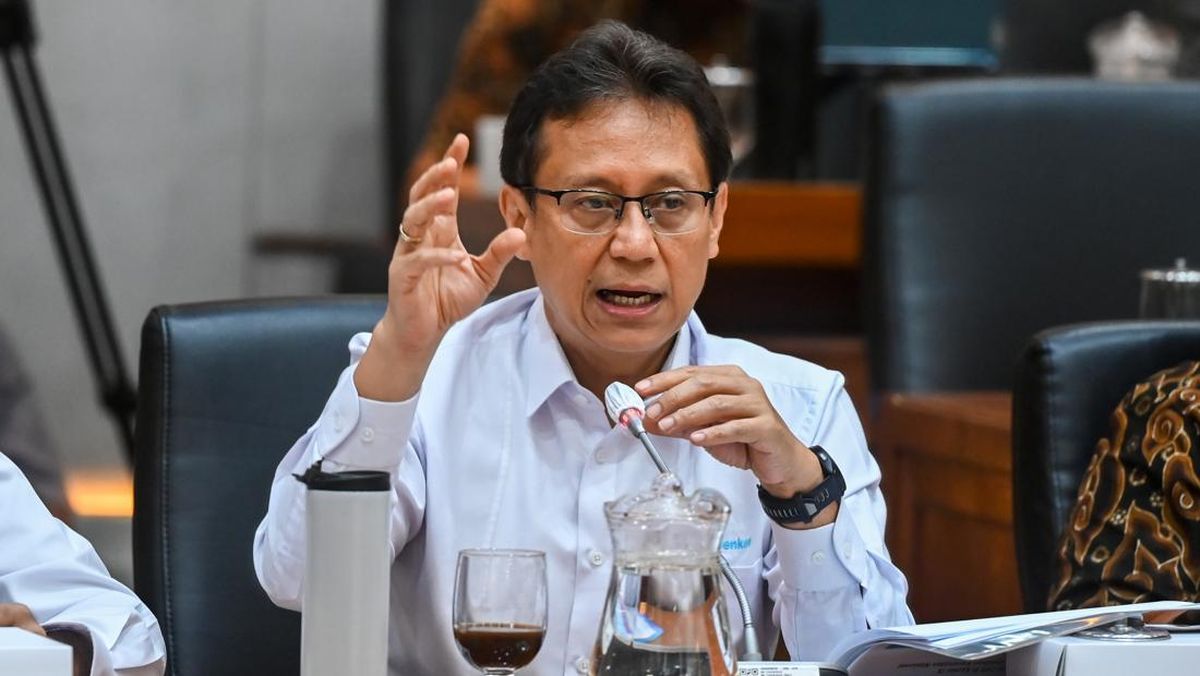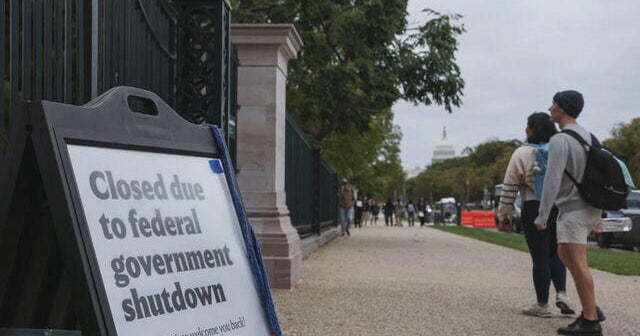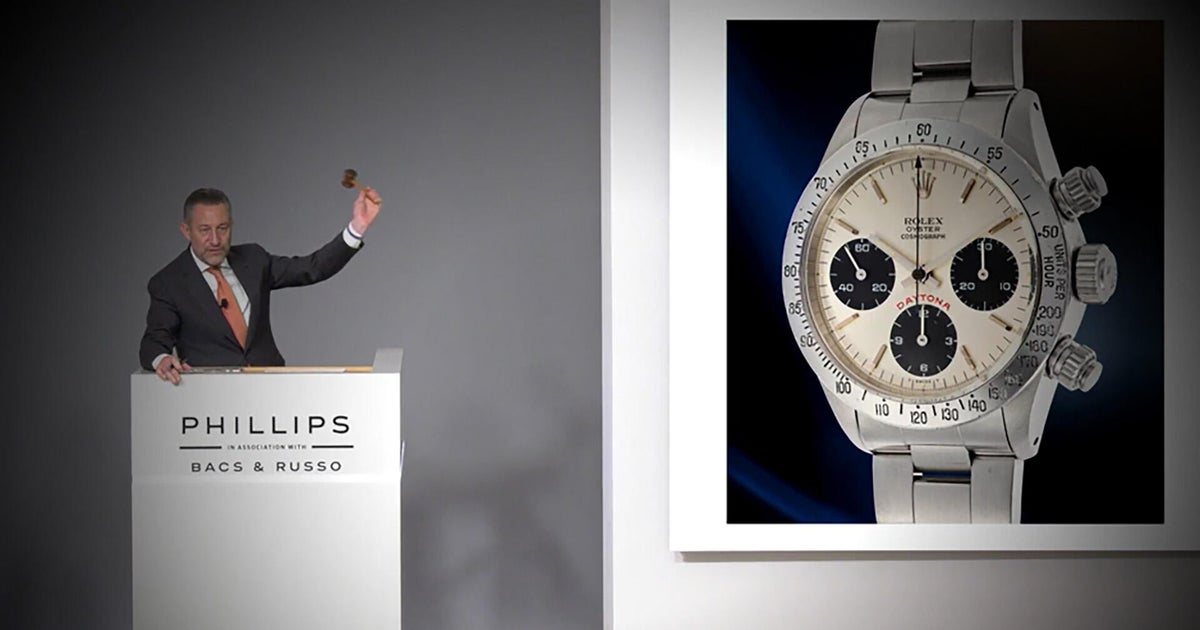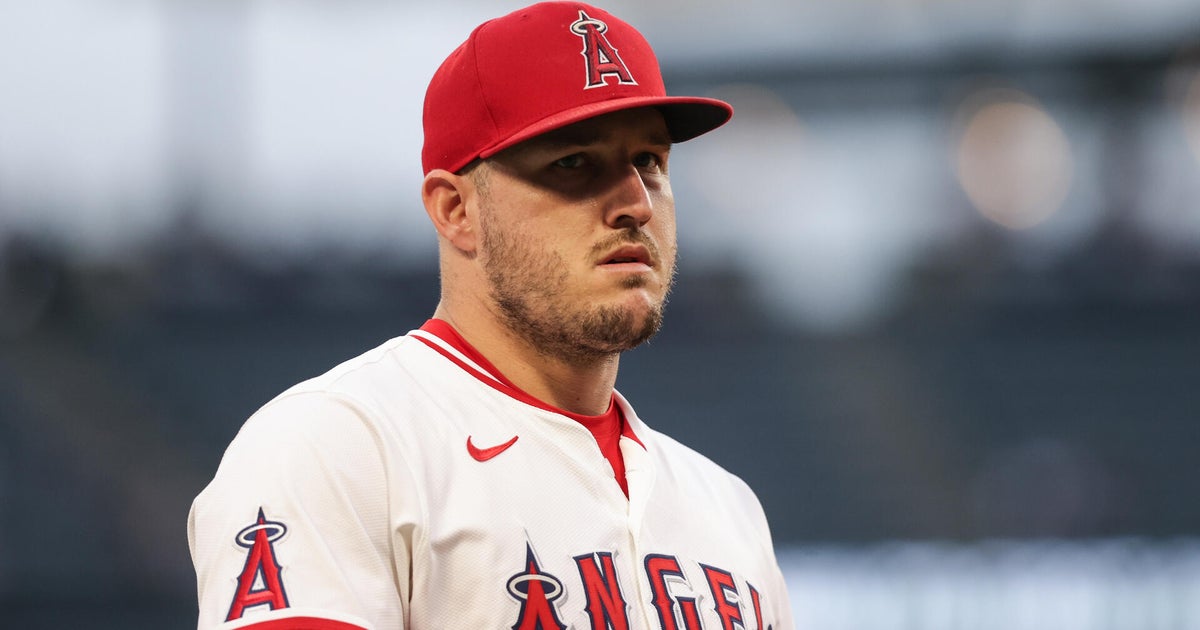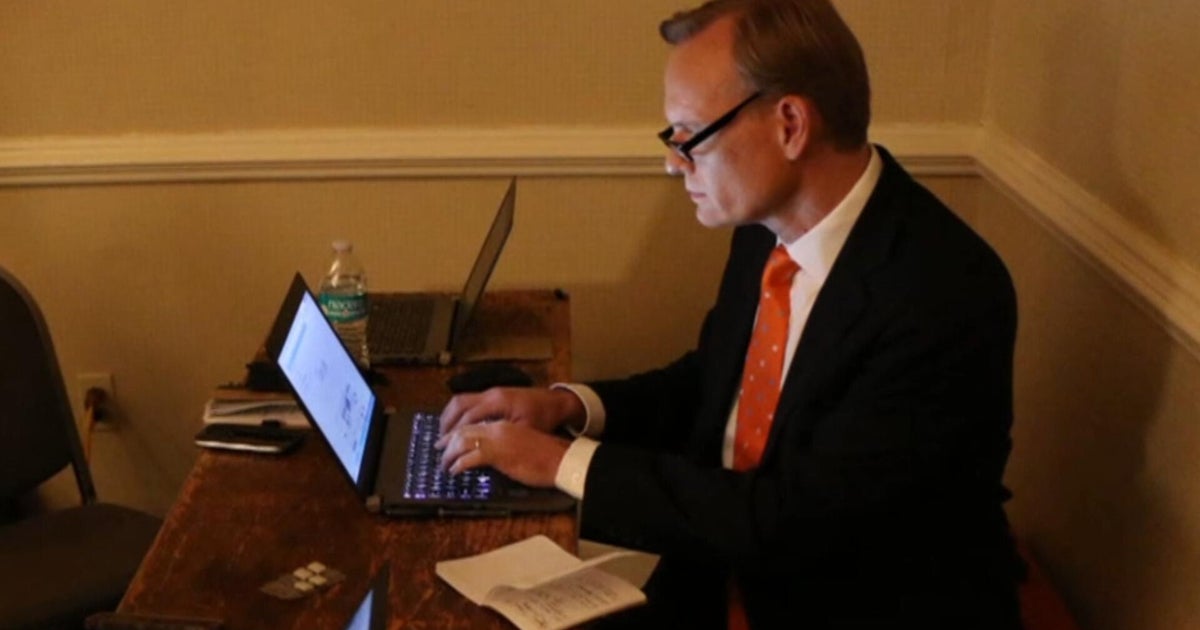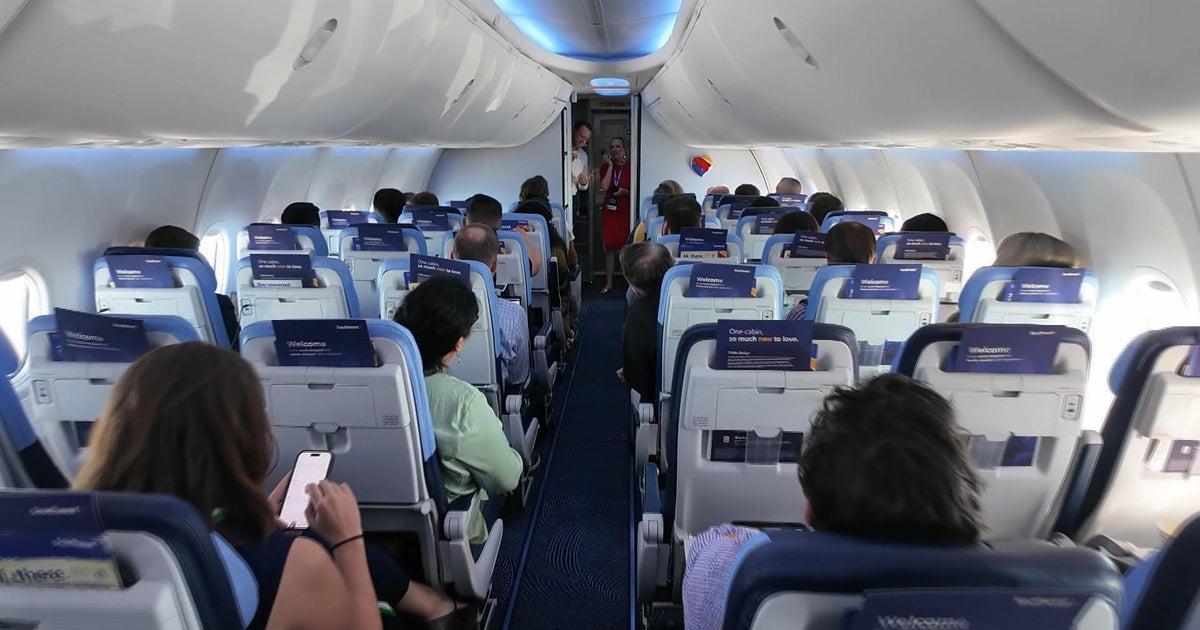It’s day one of rehearsals for the first-ever collaboration between yidaki composer and player William Barton and dance choreographer Stephen Page when Barton arrives at Sydney Dance Company on crutches and with one foot in a moon boot.
The tall, amiable Barton rolled his ankle while running a hill on Bondi Road the day before and still needs an X-ray. Page, shorter and the bigger talker of the two, laughingly teases him across the table that the injury occurred because “he was showing me some dance moves”.
Must-see movies, interviews and all the latest from the world of film delivered to your inbox. Sign up for our Screening Room newsletter.
On stage soon for Unungkati Yantatja – one with the other, part of the triple dance bill Continuum, Barton, 44, will play the yidaki on a score he co-composed with Omega Ensemble’s David Rowden, as well as sing and – hopefully – interact physically at one point with one of the eight dancers.

Stephen Page and William Barton with Sydney Dance Company performers. Credit: James Brickwood
Sydney Dance Company’s artistic director Rafael Bonachela asked Page if he would choreograph this new dance around the time Page stepped down from Bangarra Dance Theatre in 2022 after 31 years as artistic director.
Page was used to working at Bangarra with composers such as his late brother David Page or Steve Francis before they had written a score. This time, the music was already recorded when Barton came into two initial workshops to watch the dancers first find their way into it.
“I’d say, ‘Is this all right? Is this the right direction?’” recalls Page, 60. “I’m insecure as hell; I’ve got to care for his story.”
Barton, who grew up on a cattle station in northwest Queensland and was taught yidaki from age seven by his uncle Arthur, a law and medicine man, has based the musical piece on his late father Alfred’s Kalkadunga songline, on Country amid the rugged colours of the Argylla and Selwyn mountain ranges.

William Barton with the yidaki. Credit: Keith Saunders
“There are movements in my work where the birds are flying across the fields and desert country, the winds chugging up the creeks and heading through the spinifex grass,” says Barton, referring to motifs in the score he and the Omega Ensemble will play together as part of the show.
The ABC radio broadcaster Daniel Browning says a mark of Barton’s musicianship in his many collaborations with orchestras and ensembles (as well as with his wife, the violinist Véronique Serret) “is that ability to see [the yidaki] as something that belongs all over the world. This instrument has a cultural authority it bestows upon the performer, and William has enlarged what it can mean”.
Barton himself sees the yidaki as a “bridge of fragility between two worlds, the cultural world and the classical world. It’s very fragile because the message is pure. In the middle is the horizon, that’s where the magic is, and you sing up the Country and see that sunrise come up every day”.
As Page puts it: “If you marinaded the clarinet with the didgeridoo, you’d marinate colonialism and First Nations, you’d have a different country today, if there were a compromise and if there was an appreciation for both systems. Imagine: we’d be this f---ing amazing young/old world. Imagine the creativity.”
Like Barton, Page was born to perform, growing up choreographing dance and shows featuring his 11 brothers and sisters in the backyard of their home in the working-class Brisbane suburb of Mount Gravatt, connecting his spirit to the Munaldjali Country of his father, Roy, in the Gold Coast hinterland and the Nunukul/Ngugi Country of his mother, Doreen, on Minjerribah (North Stradbroke Island).
Loading
Jacob Nash, set designer for Unungkati Yantatja - one with the other, who worked extensively with Page at Bangarra, says the choreographer has always “traversed boundaries and shared the most important messages around all the things we need to happen in this country, political and social. He always talks about art being medicine. He’s never going to be a politician, but there’s always politics in the art”.
Both Page and Barton speak of their art as healing, of a medicinal power in dance and music, with this score exploring the conscious connections First Nations people have with deep breathing.
As Page explains, these shared concerns are not surprising. “All north, south, east, west First Nations kinship, cultural, creative practices and systems, they’re all connected,” he says.
“You’ve got to remember before colonisation there would have been extraordinary sharing and trading and fighting and marriages.”
Loading
Clan and community in both artists’ worlds are more important than the individual’s talent: “I have a responsibility for my culture to be a caretaker in this contemporary world, to continue our stories,” Page says.
Barton adds: “We acknowledge that [cultural] gift, where it comes from, so I’m very fortunate that I carry that gift, as brother Stephen does too.
“We carry that ceremony with us that keeps that fire alive and keeps us connected and grounded.”
Continuum is at the Roslyn Packer Theatre October 22-November 1.
Most Viewed in Culture
Loading

